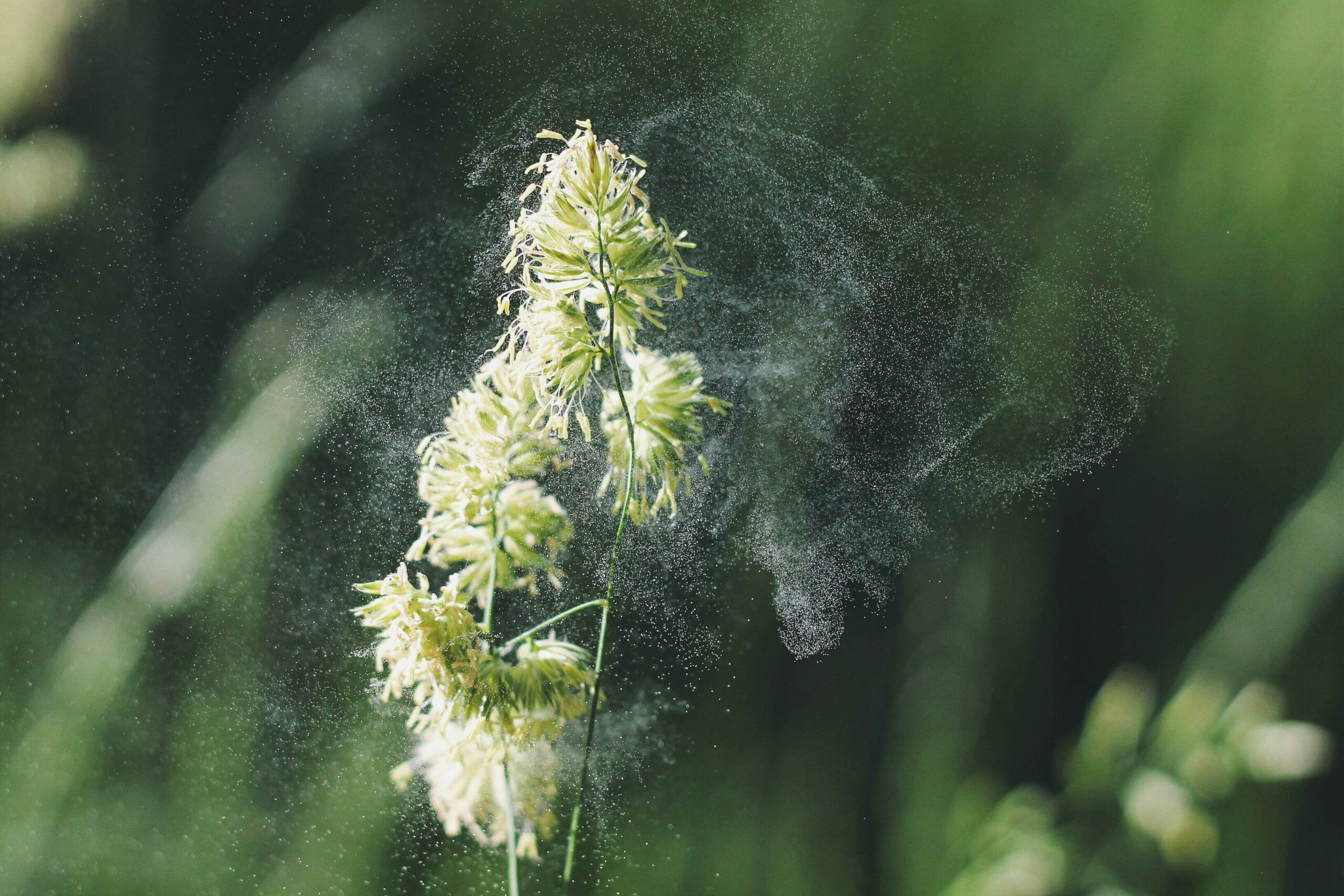Written by Frances Smith, patient access specialist
April marks the onset of spring, a beautiful time when flowers bloom, and nature awakens from its winter sleep. However, for many, it also signals the beginning of allergy season. In this first part of our new three-part blog series, we’ll dive into the connection between allergies and gut health and explore common triggers and underlying issues.
Understanding Allergies: The Immune System Overreaction
With the onset of spring, allergies reach their peak, triggering sneezes and sniffles in many. But why does this happen? What lies at the ROOT of our body’s allergic response?
Allergies are essentially the result of an overactive immune system, mistaking harmless substances like pollen or pet dander as threats. But what leads our immune system to become so hypersensitive? Understanding this dynamic is key to addressing allergy symptoms effectively.
Gut Health and Allergies: The Connection

While genetics play a role in predisposing individuals to allergies, recent research studies have suggested that the health of our gut plays a significant role in the health of the gut microbiome and may also influence allergy development.
The gut microbiome, composed of trillions of bacteria residing in our digestive tract, plays a crucial role in regulating immune function. When the balance of gut bacteria is disrupted, it can lead to immune dysregulation and increased susceptibility to allergies. Therefore, balanced gut health can help regulate our immune system, potentially reducing the severity of allergy symptoms.
Common Causes of Gut Imbalance
Some common causes of gut imbalance include but are not limited to:
Diet

Consuming a diet high in processed foods, sugar, and unhealthy fats can negatively impact gut health.
Antibiotics

While antibiotics are essential for treating bacterial infections, they can also disrupt the balance of gut bacteria.
Stress

Chronic stress can alter gut motility and secretion, affecting the makeup of the microbiome.
Environmental Factors

Exposure to pollutants and toxins in the environment can also disrupt gut health.
You may know a few or all of these common causes all too well, but don’t worry there’s hope and practical solutions, so stay tuned. In part 2 of our series in May, we’ll discuss practical ways to support gut health and alleviate allergies through dietary and lifestyle interventions.
If you interested in learning more about Infusion Associates or the IV treatments we offer, you can contact us by calling us at (833) 394-0600 or filling out our online form.

